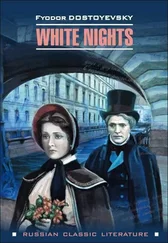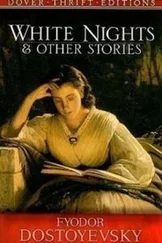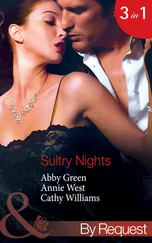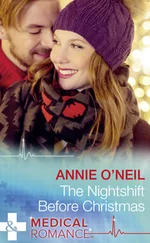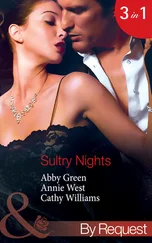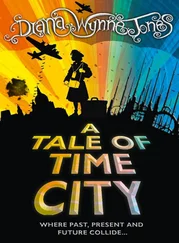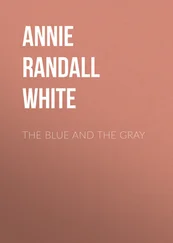“I do the same for different reasons,” Mother said.
“I bet you do,” Margaret said.
“It’s terrible,” Mother said. “This drought.”
“It won’t let up,” Margaret said. “Lately I wake up in the night feeling like I drank a shaker of pepper.”
“It must be the change,” Mother said. “My mother was forever with it. I remember her sitting out on the porch one summer with a cloth around her neck. She put a fan in the window so that it blew out over the rocker where she sat. She said she needed to adjust the air in the room. One night I came home to find her asleep outside in the rocker, her nightie pulled up around her waist.”
“That’s a thirst of another kind altogether,” Margaret laughed.
The Separatists had adjourned for the summer. Several of the women were on vacation. In lieu of their meetings, Margaret had taken to spending Sunday mornings on our portico training Mother in the ways of meditation. Together they sat cross-legged on the carpet in front of the window that looked out over our road and free associated among the throw pillows. Margaret kept a flask on her. Every now and again she doused her coffee with a liquor that smelled like anise and holly.
After a period of silence, the woman free associated while watching out the window for any cars that might pass. Mother referred to these mornings as her unloadings. To me, free association seemed akin to the acts of youthful poetics that unveiled themselves at sleepovers or the late night parties I imagined Fender and his brothers having at the butte. The more you improvised, the less committed you were to the necessity of yourself.
That morning after their session, Margaret made a motion toward the barn.
“Let’s take that horse of yours out,” she said.
“Sure,” I said.
“Good,” she said. “I’ve often wondered how he went.”
I went upstairs to get dressed. When I came down Mother was buttoning Margaret into one of her slickers. On Margaret the slicker appeared boxy and childish. There was a jauntiness to the shape of the coat Margaret’s body couldn’t support. It was odd to see Mother bother over another woman. The way her hands moved over the buttons, it was as though she were caring for a child. When she was done, she smoothed Margaret’s braid over her shoulder.
“There,” Mother said, running her hands down the front of Margaret’s coat to smooth the portions where it had wrinkled.
Margaret blushed. Her eyes creased oddly around the corners.
Mother’s touch had a way of lighting up things to which she couldn’t always respond.
“Give me time to get dressed,” Margaret said, embarrassed.
The barn was quiet at that hour. Margaret had brought her old Leica. The camera hung from a leather strap, which she slung over her shoulder. As the Sheik and I entered the pasture, Margaret was bent over the water trough trying to capture an oak leaf where it had fallen onto the surface of the water.
“Tender little floater, isn’t it,” she said as we pulled up next to her. I let The Sheik have his head and graze a little in the yard.
“Once,” I said. “I found a bird in there. Father said it had flown into the window of the barn.”
“Birds do that,” Margaret said. “Sometimes they loose their sense of direction and fly into the glare. Nature is brutal. It’s our circumstance. Sometimes all you can do is turn your head and look the other way.”
“Sure,” I said.
I turned to look toward Mother. She was sitting on the fencepost near the gate. She waved when she saw me look over.
“Giddy up,” she said, motioning Margaret into the saddle.
“Well,” Margaret said. “Let’s get a few rounds out of these oxers before the old man comes out here and starts directing us.”
I cupped my hands and gave Margaret a leg up. The Sheik came to attention as she swung into the saddle hitching her shirt up around her legs.
I stood in the middle of the ring and observed how the Sheik moved under her. Margaret rode with a stiff confidence. There was a dictation to the way she posted. Her rhythm worked less in communion with the speed of the flesh beneath her and more in line with the order of her thoughts. There was a grim set to her elbow, which she kept locked close to her waist. Her eyes she trained on the horizon. She seemed hardly to rise out of the saddle as the jumps passed under her.
There was a nervous tentativeness to their whole program. Even the Sheik buried his head and bore into the jumps as though he hardly cared whether he lifted his chest or crashed into them. Afterwards he cantered off in a short, clipped stride. The only thrill was watching Margaret’s skirt flare up behind her when the Sheik took a jump too high.
After a few rounds, Wilson came out of the RV and sat on the rail next to Mother to watch. He’d had a bath. His hair, a thin sweep of white, which he often wore combed over his forehead slicked close to his face, fluttered in the breeze. Wilson had developed a cough. During the day, Otto made him wear a medical mask in the house, which Wilson strapped over the thick part of his face in order not to spread his germs. His Helene’s immunity was low from the transfusions.
I watched as Mother leaned close to Wilson on the rail, helping him remove the elastic of the mask from around one of his ears. “It’s okay,” she said, freeing him. “You can speak as much as you want out here. There so much air, whatever you have won’t travel.”
As The Sheik started to tire, I walked toward the far part of the pasture away from the jumps and the makeshift ring. The earth there was rocky and sloped, unsuitable for riding. I felt a pang of guilt in my stomach as I carried Margaret’s camera. She’d wanted me to capture some of her lift. I’d stood close to one of the oxers and snapped a few shots as she’d cleared them. Capturing the frames gave some pause to her steady forward throttle.
The far end of the pasture was covered in milkweed. It was the season where their husks dried and the pods split. I sat down in a dense patch on the far rise of the hill. There was a feeling of disassociation watching the seed take to the air. The area was thick with flies and bees that propagated the cycle.
As Margaret circled the ring through the haze of the milkweed, I was reminded of the winter Fay Mountain had been stormed in by a nor’easter. The drifts had risen half way up the door to the house. Father had to shovel a path into the yard. There was talk of pipes freezing. After the electricity went, I’d helped Father empty the contents of the refrigerator into bags which we’d buried in the drifts in front of the house. Mother’d grilled pancakes in a skillet on top of the wood stove. Afterwards, she’d washed Birdie and me in pots of water she had warmed on the wood stove. By the time we carried the pots to the bathroom, the water had already gathered some of the chill of the house. We stood for a quick dousing. Mother took off her rings and set them on the rim of the tub so as not to scratch us. “Those will be yours,” she’d said, “After I go.”
We’d driven to the barn. Margaret had insisted. She needed to get home. Mother sat in the front seat with her legs stretched out over the bench toward Margaret as we drove away. “Chicken legs,” Margaret teased her. Margaret drove as she did normally, one hand at midnight, one leg crushed up under her crotch. The brush at the bottom of the driveway to Otto’s barn grew thick over the fence. “Blind drive,” Father had warned Mother. “Be careful when you turn out.”
The accident happened much the way I’d watched The Sheik leap up over the rail as Margaret had ridden him. The world slowed. Movements were jerky and halting. He’d come careening. He’d accelerated around the corner. His bike went up and over the hood. We watched through the windshield.
Читать дальше
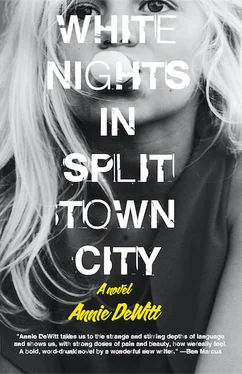
![Элизабет Ленхард - Свидание со смертью[Date With Death]](/books/79651/elizabet-lenhard-svidanie-so-smertyu-date-with-dea-thumb.webp)



